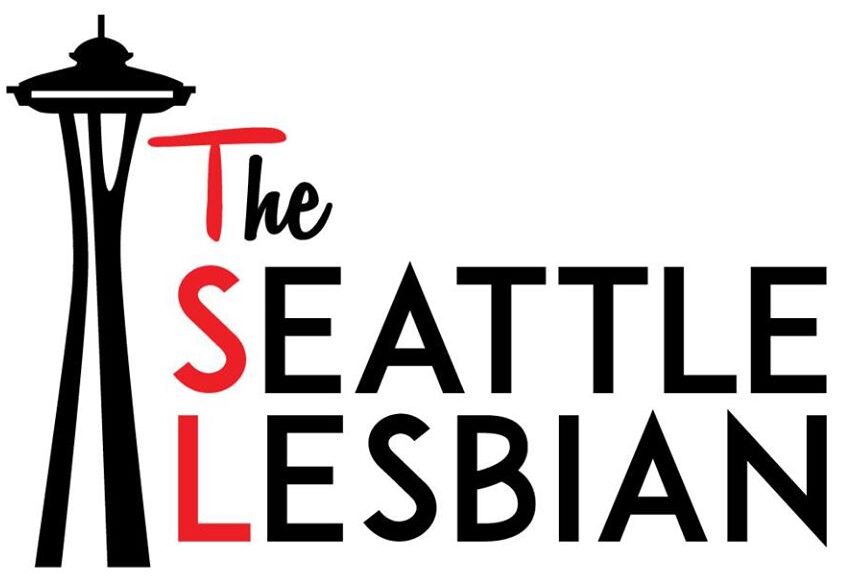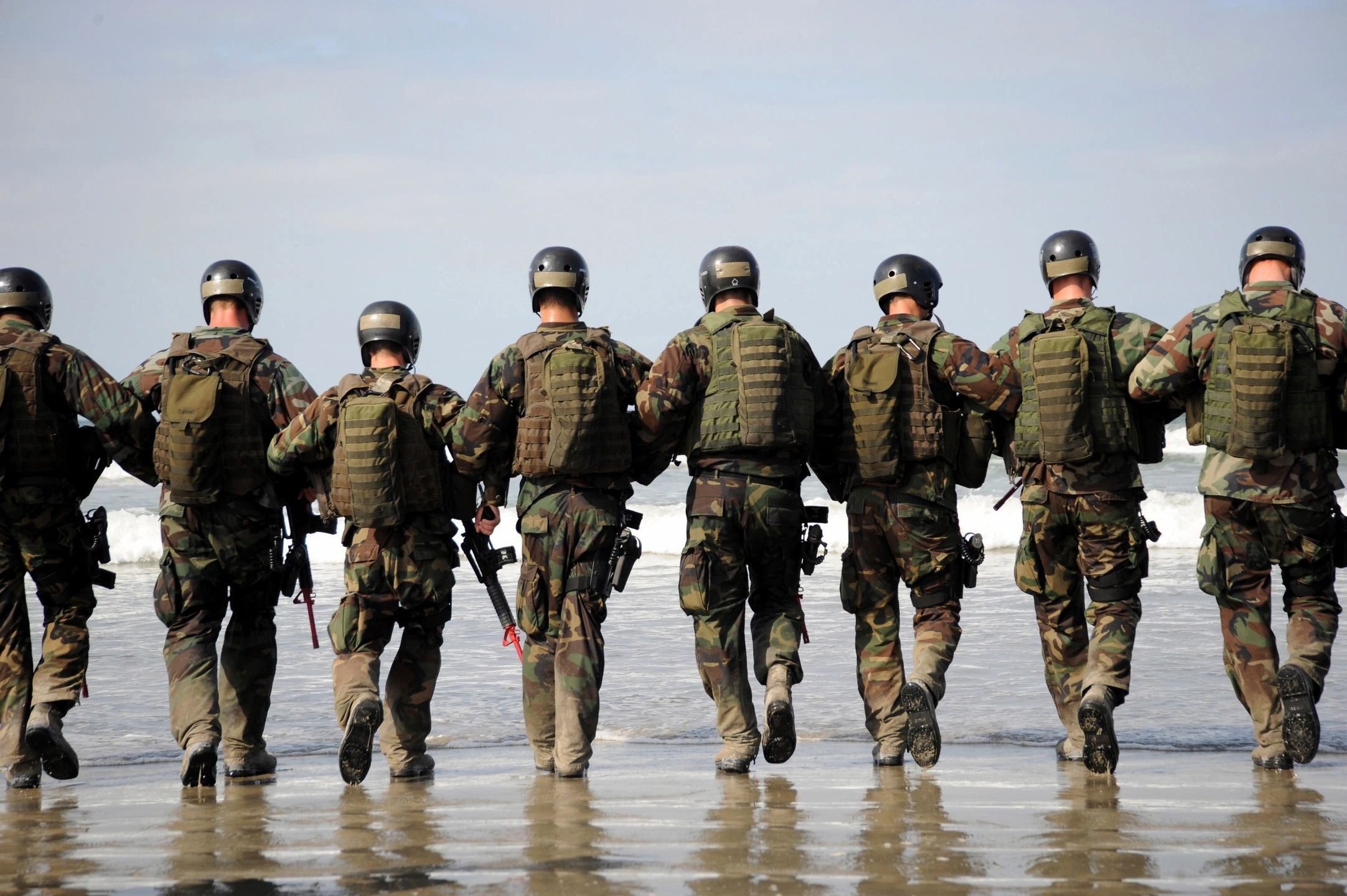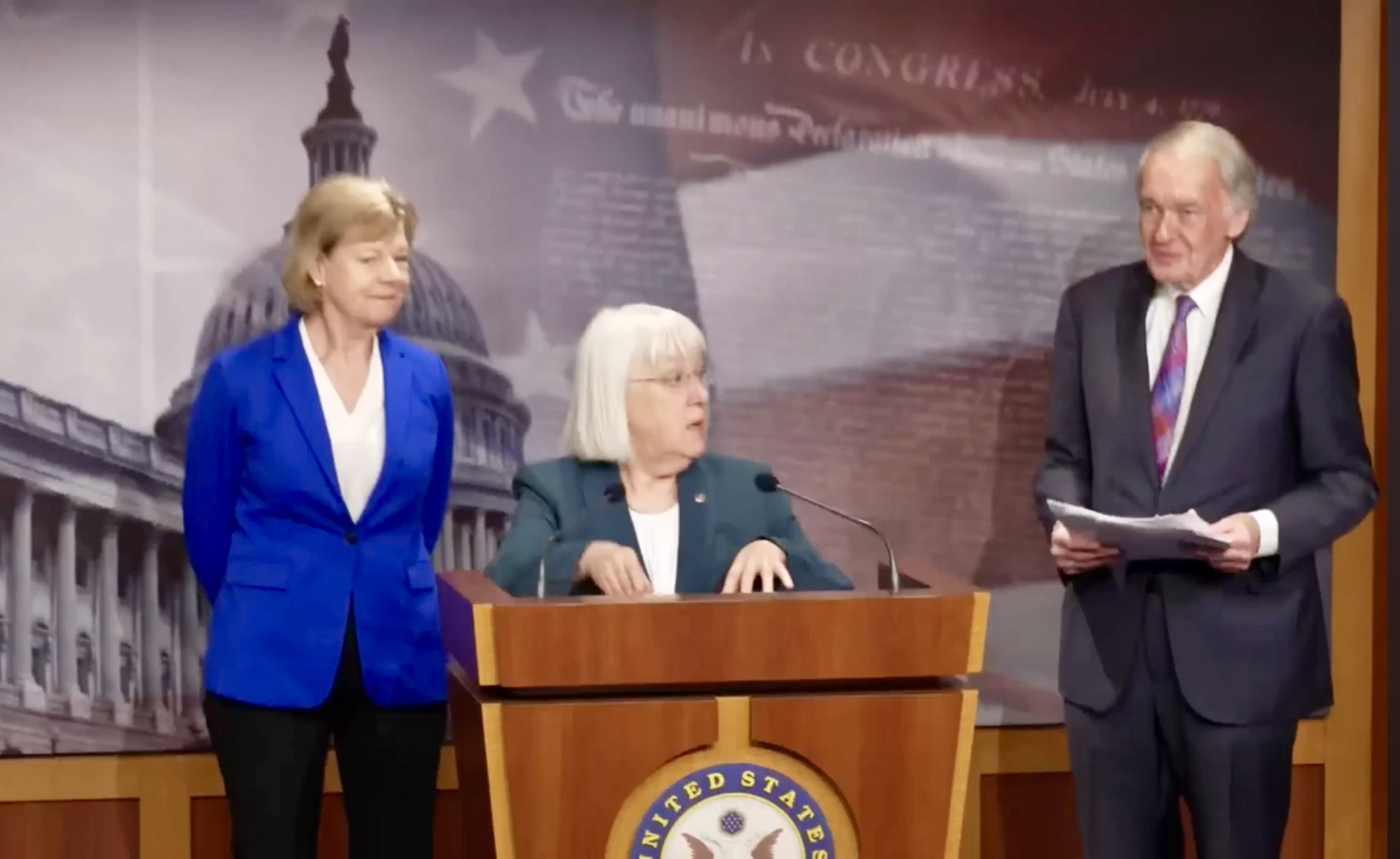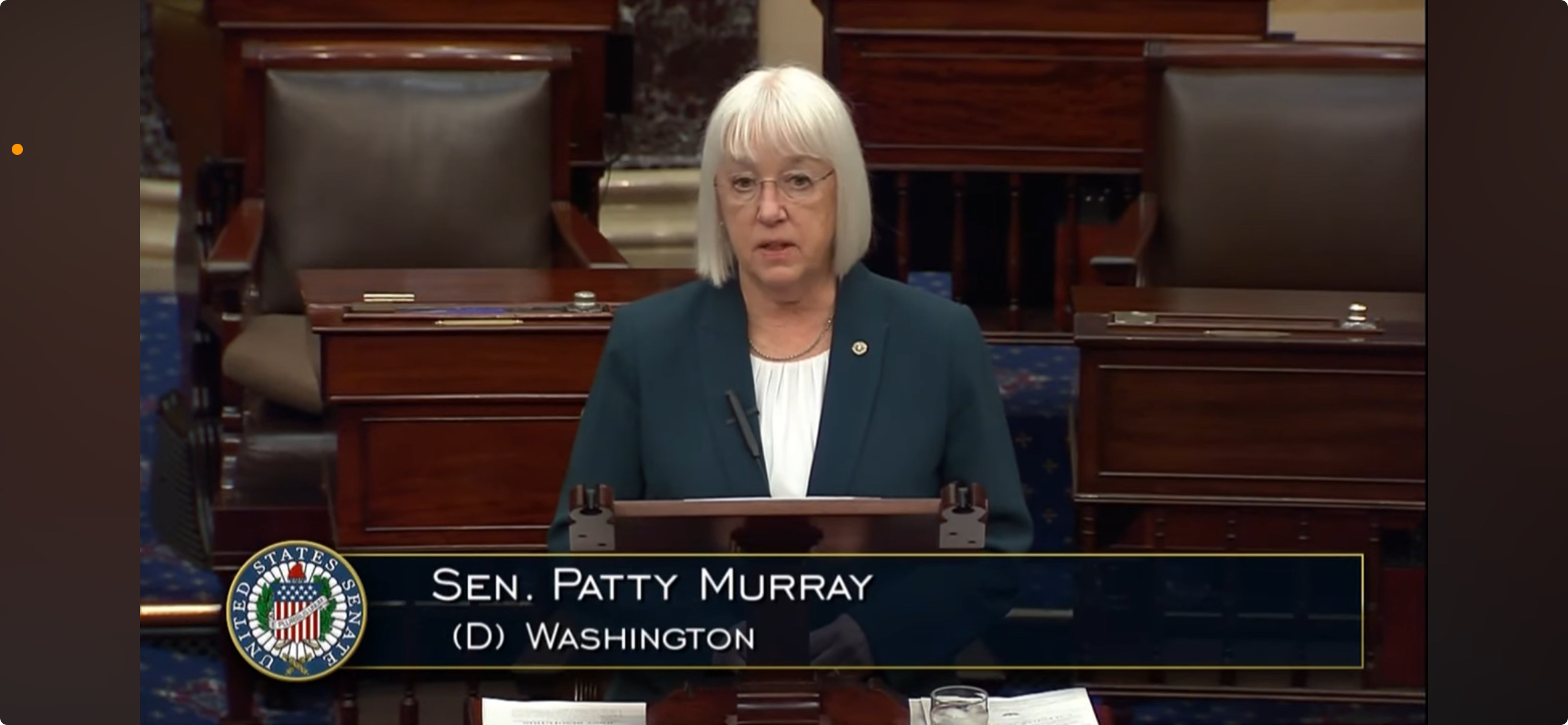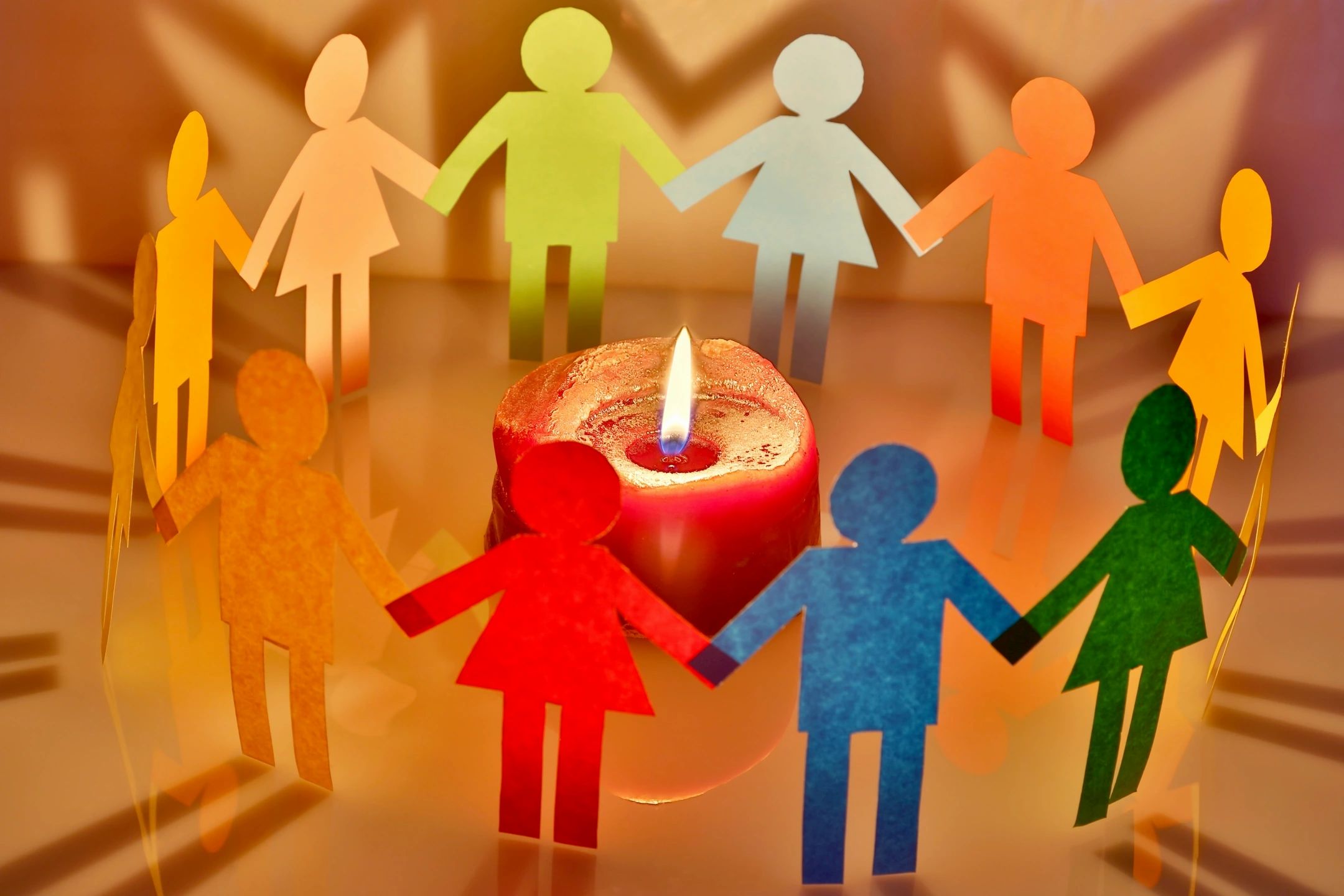
Time and movement feel different. I am not sure if there is an understandable way to convey the way this feels. I can try. Have you ever gone swimming in a lake with grass and mud to wade through to get to the part where you can freely swim without feeling like you are dragging through muck? Have you ever driven through dense fog—so dense that you have limited visibility and feel like there are no buildings, other cars or paths in front of you? These are the best ways I can think of to describe the way my daily existence feels right now.
Stop lights still change, red, yellow, and green. Others go on about work, mundane chores, errands, and life, but I and others going through deep grief feel like we are in the muck and dense fog. I look at those going about their day like everything is normal in amazement. How can they do that? I have no idea, for right now it seems that I must focus on putting one foot in front of the other and remembering to eat and drink water. Simple things, normally, but not while in the state of deep grief.
When we experience the death of people who are in our inner circle it changes our daily life experience drastically. No day is the same as it was. Future plans have also had to be greatly adjusted or lost altogether. There is so much change, even with the death of one inner circle loved one, but within months of one another, I have now had three. This makes it difficult to feel as if there is any stable ground beneath my feet. That all has changed, and I am trying to get the lay of a totally new land while in a thick fog. There are moments when the fog seems lighter, then something will trigger a memory, or something will come up and I will pick up the phone to text or call one of them, and then I realize, again, that I cannot.
Western culture seems to think that a month after a loved one is gone, we should be fine. I think I may be being liberal in saying our culture is willing to give folks a month to grieve—maybe it’s more like two weeks—then we should be back in the swing of life, as if nothing happened. It makes most folks uncomfortable to talk about it, and some friends avoid you altogether when grieving, because they are so uneasy with the feelings and sadness. Even though death and loss are a normal part of the cycle of life, our culture seems to do nothing to prepare us, teach us or even talk about it. Therefore, most of us have little or no healthy modeling around how to grieve in any sort of conscious, healthy way, or to give support to those around us who are going through it. Most walk around it, giving it a huge berth, as if we are walking around a pile of poop our pup left on the floor. We don’t know what we don’t know. Part of this is a failure in our culture, which, by and large, lacks the means to deal with grief in a way that recognizes the process and gives people time and support to work through the fog.
It also stands out when people you thought would be supportive and they ghost you during this time. I try to remind myself of “The Four Agreements”, it’s not about me. I know in my intelligent, conscious mind that their avoidance is due to their own inability to handle the emotions and uncomfortableness of grief. It still hurts, and yet people you would have never expected to, step up, check in, bring food, and can be present with you and grief. You learn a lot about people during this emotional rollercoaster ride.
Some studies have shown that our brain response to deep grief is like that of a physical brain injury. I can relate to that as a lifelong martial artist and competitive fighter. I have had my fair share of concussions, which also feel like a fog and one’s sense of time and movement is slowed, and feel like you have weights on dragging through muck. It is also similar, in the way that when in grief or recovering from a brain injury the smallest of stressors can seem so overwhelming. Things like a small spill, or not being to find something you need at the moment, these little things now feel like mountains. While in this state, we have less patience with people and situations, and must constantly remind ourselves to breathe. We can also have moments when we feel like we are doing okay and then find that we have long ago driven past our point of destination, or a turn we should have taken. All this while driving somewhere we have driven many times and know the way like the back of our hand. It would be nice if someone prepared us for these things and helped us with tools to get through it.
If you have not yet experienced this and you continue to live and love people, you will. I read that someone said, “you only grieve hard when you love big.” I think that is true. The bigger you love the more you will experience deep grief. When we look at it in that way, I know I am blessed to have such deep connections, love, and friendship in my life. Even though the pain is harsh, and the fog is so damn thick, I will continue to love big. I feel cracked wide open, raw, like my heart has no ribs protecting it right now.
I made a conscious choice years ago, coming from the very dysfunctional family I grew up in. That decision was to not become bitter, but to become better. To not become hard and cold, but to be vulnerable enough to remain open, even when it hurts. At age sixteen I was reading things like “The Course in Miracles,” also Lea Buscaglia books and Elizabeth Kubler-Ross, who was an expert on death and dying. I was searching for meaning and how people overcame hard times and hardships. One of the things that stuck out to me was that everyone at some point in life faces death, loss and hardship, but those who seem to weather it best have some common threads. They are willing to share, stay open, and be vulnerable. They also have a good support system.
We need to talk about grief and loss. We need to prepare our kids with tools to help them navigate these things that we will all face at some point. We need healthy modeling around walking the grief journey. We especially need healthy masculine modeling that emcompasses being open and vulnerable about our grief instead of destructive. Yes, I realize that is not easy, as I am walking it, yet it is a better path than ignoring it and leaving people totally unprepared. I joined a Facebook grief support group during this process and the most common types of questions in that group are people trying to figure out if what they are experiencing while grieving is normal or if they are the only ones. The group is super supportive and people run to share their similar experiences with those who are newly grieving. But the commonality of the uncertainty of what grief is and how we experience it shows how little people know about it and how they long for understanding and tools to help. It would be helpful to teach about this and no longer expect that people should just get over it, or fumble around to figure it out all on their own. We also need to learn how to support friends, co-workers and loved ones when they experience this.
Tips to be a good supporter of someone who has experienced a loss of a loved one:
- Check in on them with no expectations
- Offer to bring food, walk the dog, mow the lawn, pick up groceries (take some mundane tasks off their plate, that at a time like this can be overwhelming)
- LISTEN – sometimes just sitting with them and being a good listener, without judgement, is the most valuable thing one can do.
- Give them TIME – there is no right or wrong amount of time to grieve. Everyone does this in their own time and there are many things that factor into that. NO JUDGEMENT
- Don’t push them to be somewhere or do something – allow them the space to choose without judgement or hurt feelings. (it’s not about YOU)
- Be gentle and ASK what the best way is you could offer support at this time. (they may not know yet, keep checking in)
- Keep checking in! – Remember, after a month it seems many others have forgotten, and the inner circle folks are still in the fog. Some of the hardest times are when others have forgotten and moved on.
- Be willing to SIT in your discomfort. (not many will, but if you do, you will grow from it and be a better support to your friends and loved ones.)
I will be sharing about this experience and keeping an open heart, which may, at times, make some of my friends, neighbors, and colleagues uncomfortable. I understand that, and that is not my purpose. I will also be listening internally, and taking time when I need time. My purpose is to keep loving, put one foot in front of the other, get through the thick fog and come out of it in a healthy way. And to hope that my friends and loved ones can be gentle and patient as I walk through this journey, and to one day find a clearing, where I can, once again, see the path before me.
